Voices from Belarus: The Pro-Democracy Movement, Political Repression and International Implications
Thursday, February 25, 2021
12-1:30pm Eastern Time (US)
Zoom Webinar
You can watch a recording of the complete event by clicking the button above.
About the Event
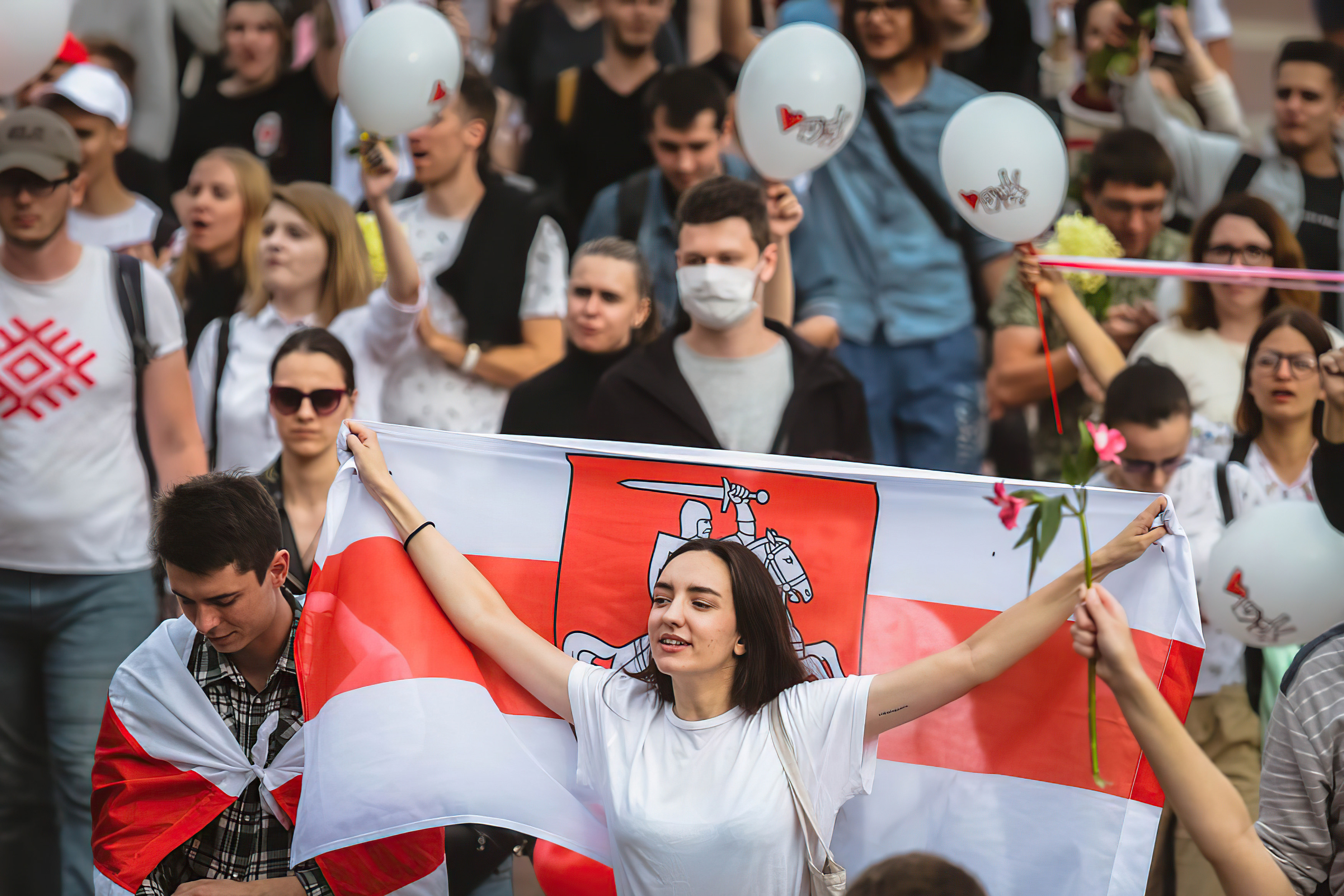
The wave of mass protests that swept over Belarus after the contested presidential election last August caught most observers by surprise, shattering widespread stereotypes about the post-Soviet country, famously dubbed “Europe’s last dictatorship.” The scale and geographic scope of the peaceful protests, demanding the resignation of Belarusian president Aliaksandr Lukashenko and the holding of free and fair elections, revealed a remarkable level of political engagement and solidarity on the part of a population long believed to be apathetic or broadly supportive of the country’s authoritarian leader.
Some commentators predicted the rapid collapse of the Lukashenko regime, which has been in power since the mid-1990s, but following Russia’s decision to prop up Lukashenko with further economic, military and propaganda assistance, his regime has been emboldened to undertake a violent crackdown, the brutality of the security forces contrasting sharply with the overwhelmingly peaceful character of the protests. In early 2021, as the scale of repression has ramped up and the weather has turned colder, public protests have diminished in size, yet many brave citizens continue to take to the streets to voice their opposition to the regime, facing police harassment and arrest. Observers characterize the current situation in Belarus as a “stalemate,” where the regime has lost its legitimacy in the eyes of the majority of the population, but continues to cling to power, thanks in no small part to the support of the country’s powerful eastern neighbor.
In this Zoom roundtable, audience members will have the unique opportunity to hear firsthand about the current situation in the country and what the coming months may bring, both for the Belarusian pro-democracy movement, and more broadly, for the entire eastern European region.
About the Speakers
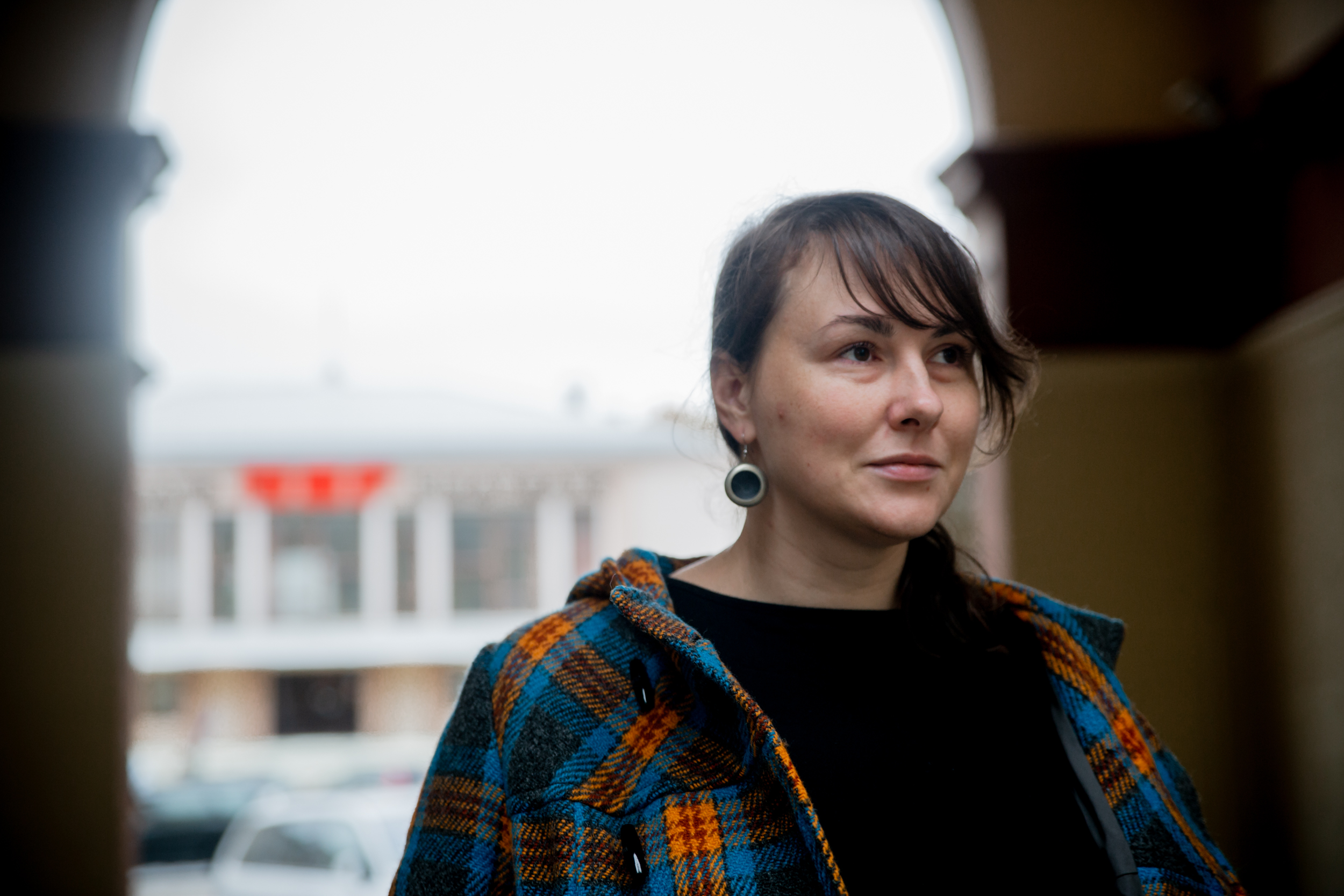 Maryja Martysevič (Марыя Мартысевіч, born in 1982 in Minsk) is a Belarusian poet, writer and literary translator from Czech, English, Polish and Ukrainian. She works on various cultural projects and acts as a literary event organizator. Maryja Martysevič runs Amerykanka, an independent book series, that started in 2017. Since 2019, she has been the 3rd vice-president of Belarusian PEN-Centre.
Maryja Martysevič (Марыя Мартысевіч, born in 1982 in Minsk) is a Belarusian poet, writer and literary translator from Czech, English, Polish and Ukrainian. She works on various cultural projects and acts as a literary event organizator. Maryja Martysevič runs Amerykanka, an independent book series, that started in 2017. Since 2019, she has been the 3rd vice-president of Belarusian PEN-Centre.
She has published four books: Cmoki latuć na nierast: ese ŭ vieršach i prozie (Dragons Fly to Spawn: Essays in Poetry & Prose) in 2008, Ambasada: vieršy svaje i čužyja (The Embassy: Poetry Own and Borrowed) in 2011, Sarmatyja (Sarmatia) in 2018 and Jak pazbycca Mamatuta (How to Kill off Momishere). In 2018, she received two literary awards for her book Sarmatia. Maryja Martysevič lives in Minsk.
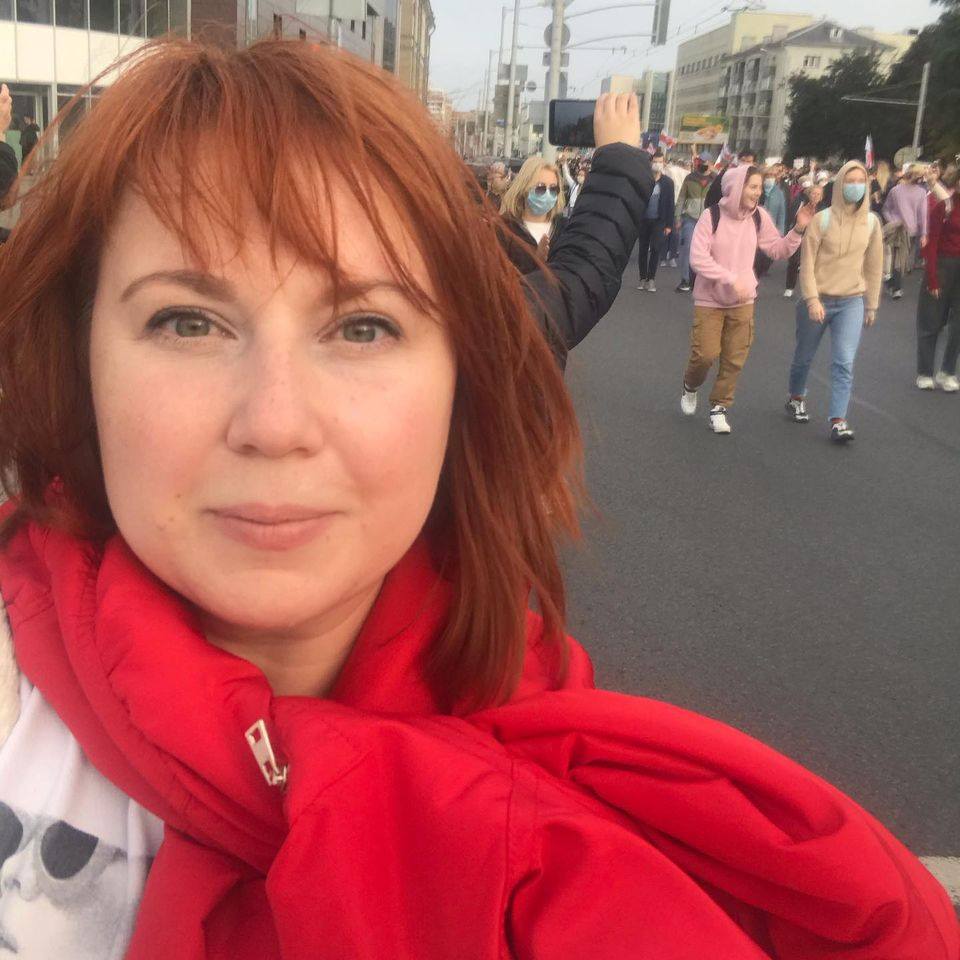 Julia Mickiewicz is a civil society and political activist, as well as a gender expert. She is co-founder of a feminist group within the Coordination Council and serves as Secretary General of the Organization of Popular Education ABF Belarus. She is also the Coordinator of a gender equality sub-group of the Belarus national platform Eastern Partnership Civil Society Forum.
Julia Mickiewicz is a civil society and political activist, as well as a gender expert. She is co-founder of a feminist group within the Coordination Council and serves as Secretary General of the Organization of Popular Education ABF Belarus. She is also the Coordinator of a gender equality sub-group of the Belarus national platform Eastern Partnership Civil Society Forum.
Julia Mickiewicz received a degree in journalism from the Belarus State University in Minsk and from the gender studies program of the European Humanities University in Vilnius. She has worked as a journalist for more than 15 years in independent mass media. In 2009, she received an award as best journalist promoting the human rights of LGBT-persons in Belarus. She was a chairwoman of the youth social democratic organization MSD-MH. In 2011, Julia Mickiewicz was awarded the Social Justice Award of the Irish Labour Party by Jim Kemmy.
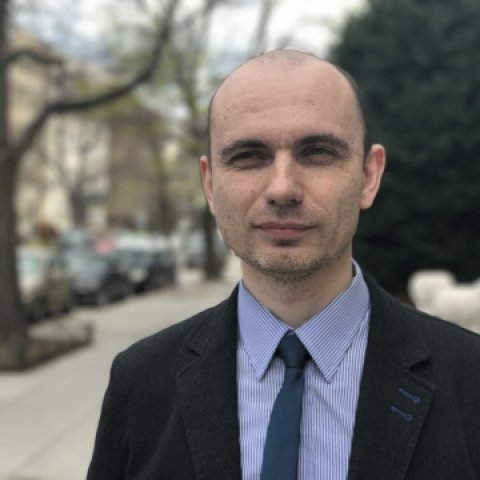 Andrei Kazakevich is the Director of the Institute of Political Studies Palitychnaya sphera (Political Sphere). His research interests include Belarus’s foreign policy, the development of political institutions and the political history of Belarus and Eastern Europe.
Andrei Kazakevich is the Director of the Institute of Political Studies Palitychnaya sphera (Political Sphere). His research interests include Belarus’s foreign policy, the development of political institutions and the political history of Belarus and Eastern Europe.
Andrei graduated from the Department of Political Science of the Law Faculty of the Belarusian State University and received a PhD in Political Science in Lithuania (his thesis dealt with the judicial power in the Republic of Belarus). He is co-founder and editor-in-chief of the journals Palitychnaya sphera and Belarusian Political Science Review, senior research fellow at Vytautas Magnus University (Lithuania) and chairman of the organizing committee of the International Congress of Belarusian Studies.
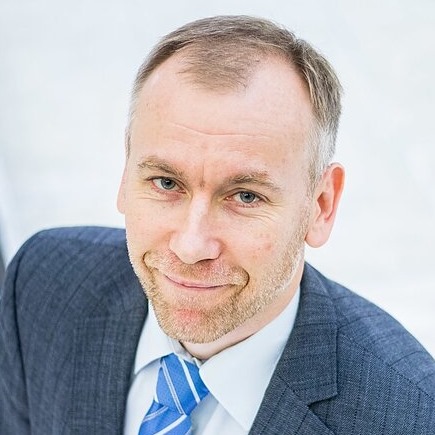 Andrej Dynko (born 1974 in Brest, Belarus) is the chief editor of NN.BY (Nasha Niva portal and Nasha Historyja) magazine. He works in Minsk, his publications are strongholds of independent thought. He received several international journalistic awards.
Andrej Dynko (born 1974 in Brest, Belarus) is the chief editor of NN.BY (Nasha Niva portal and Nasha Historyja) magazine. He works in Minsk, his publications are strongholds of independent thought. He received several international journalistic awards.
Moderator Curt Woolhiser (no photo) is lecturer in the Department of Eastern, Slavic and German Studies at Boston College, and an affiliate of the Davis Center for Russian and Eurasian Studies at Harvard